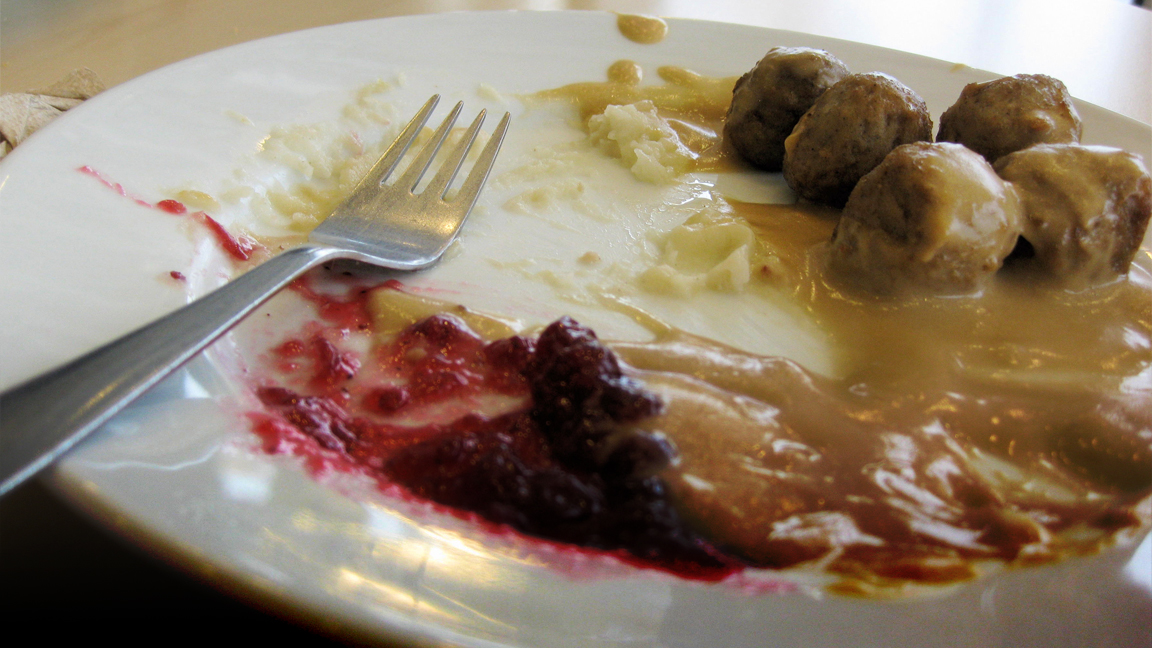Usually, you think of IKEA as the place to go to pick out some furniture, grab some new kitchen gadgets, and maybe fight with your partner about their questionable taste in sofas. You might grab a plate of meatballs or a tasty-looking Swedish dessert at the cafe while you’re there, but it’s not the central focus… or is it? [More]
cafe
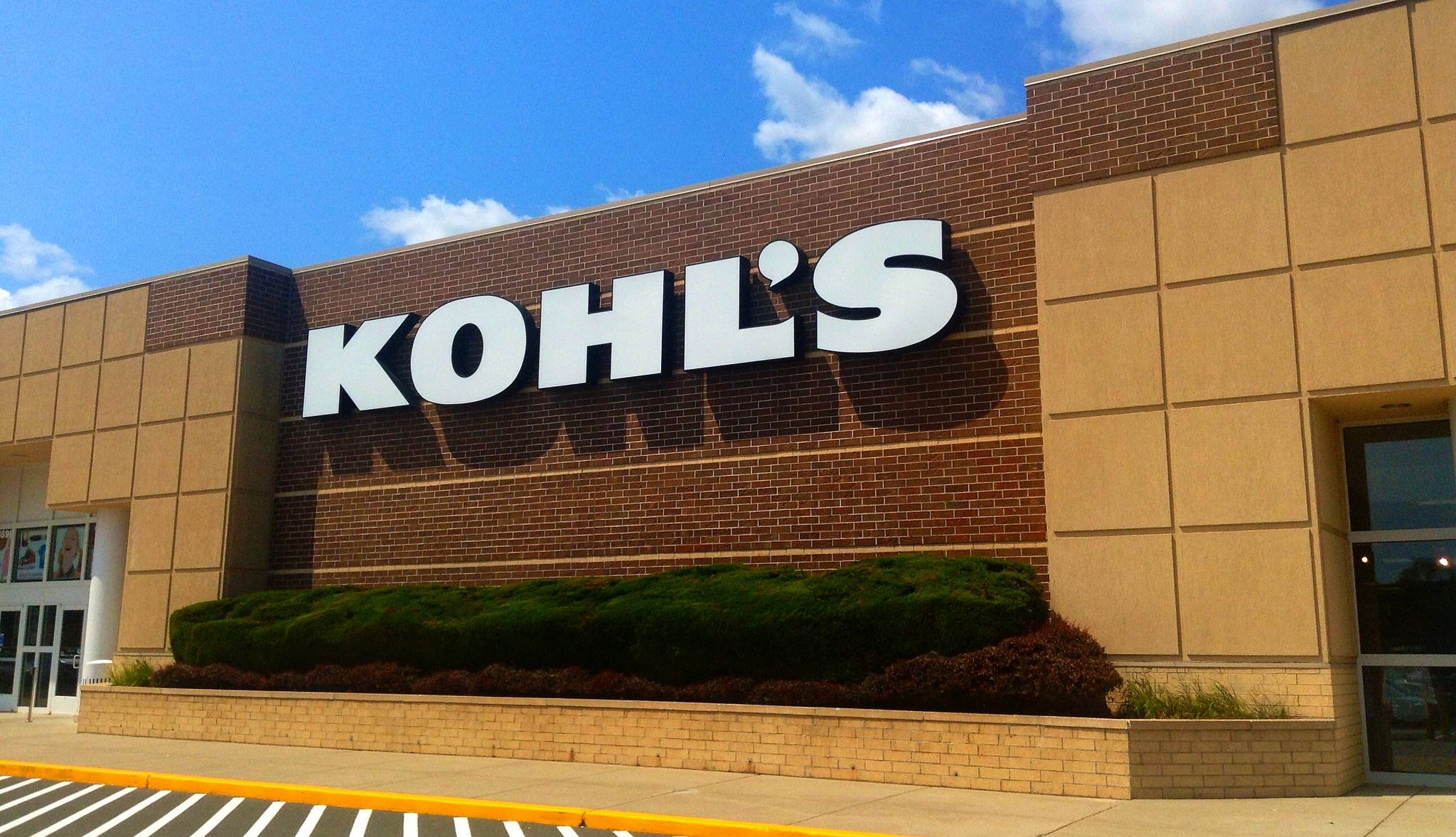
Kohl’s Ditching In-Store Cafe Concept After Seven-Month Test
If you were hoping to one day get a quick pick-me-up while spending all your Kohl’s Cash, you’d better bring your own. Less than a year after the company joined the ranks of retailers like Target, Sam’s Club, IKEA, Costco, and countless others in bringing weary shoppers sustenance while traipsing down the aisles, Kohl’s has ended its cafe concept test, with no expansion on the horizon. [More]
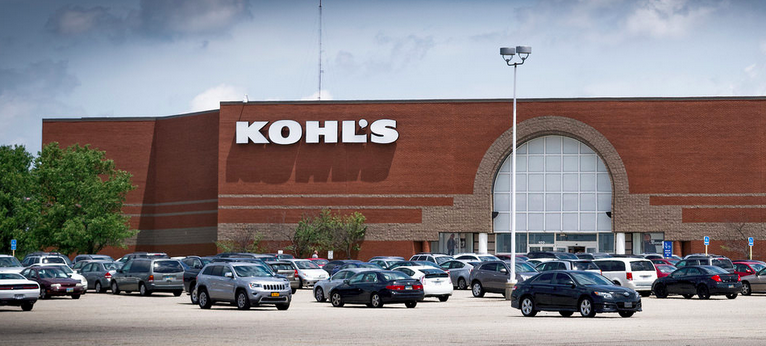
Kohl’s Testing Cafe Concept At Two Wisconsin Locations
Kohl’s is joining the ranks of retailers like Target, Sam’s Club, IKEA, Costco, and countless others in bringing weary shoppers what they really want: something to snack on while traipsing down the aisles checking off items from their list. [More]
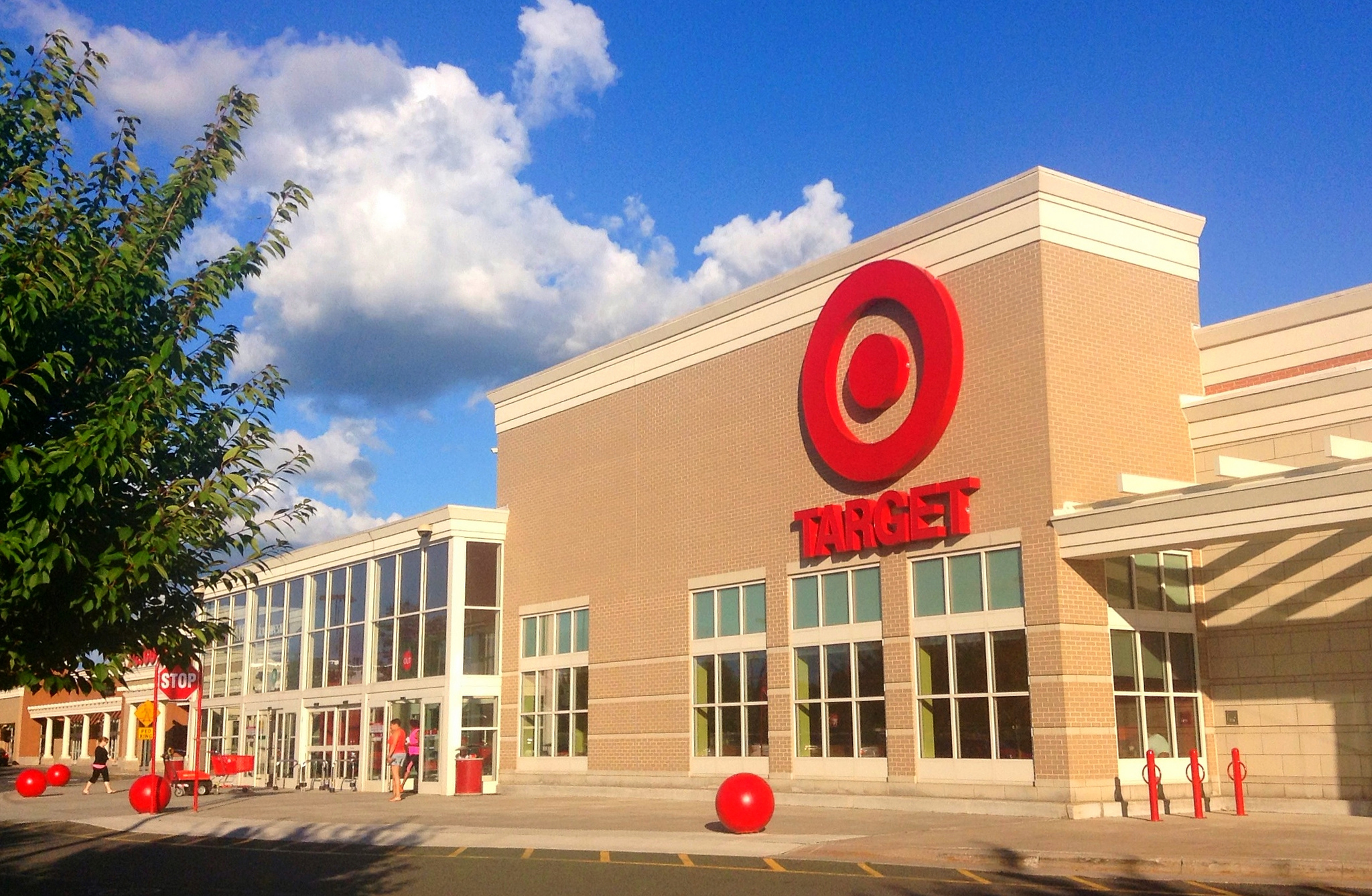
Target Testing Healthier Cafe Concepts — No Hot Dogs Or Nachos In Sight
Sometimes you just can’t get through your shopping trip at Target without a little snack, say, a hot dog from the store’s cafe. You might have to settle for something a little different next time hunger strikes while you’re roaming the aisles, as Target announced it’s testing a new – healthier – cafe concept. [More]
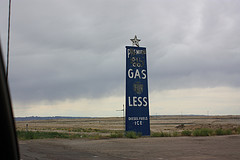
Why Should I Care About New Fuel Economy Standards? Because Money Is Nice To Have
Don’t you just loooove watching the dollars and cents tick up as the gallons slowly glug into your car’s gas tank? No you don’t, because no one likes spending large chunks of change to fuel their vehicles. And maybe hybrids or electric cars don’t have all the bells and whistles you’ve come to expect. What’s a discerning, wallet-conscious consumer to do? [More]

Surprisingly, Panera Bread's "Pay What You Can" Model Is Working
Panera Bread has been trying out a donation-only “pay what you can” model at three locations for the past year, and says that it’s working. The chain says that 60% of people put in the full retail amount in the box, 20% put more in, and 20% put in less. Panera’s founder says it all works because “people are fundamentally good” but I’d like to see how well one of these stores located in an area where greed, theft, and self-interest above all is glamorized — like Wall Street. [More]

Battle Against Unattended Children Escalating In Passive-Aggressive Fashion
An LAWeekly reader sent in this photo of a sign at a local cafe. We’ve heard the espresso and a puppy line before, but the addition of a drum and profanity really adds something to the mental picture. Kudos. [More]
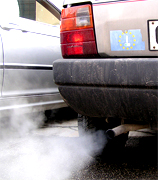
Automakers: Forget 35.5 MPG, We'll Just Improve A/C
President Obama wants car makers to start making 35.5 MPG cars by 2016. Instead of improving fuel efficiency, automakers could very well just take the cheaper road of making the A/C less wasteful, thanks to what Jalopnik calls “a hummer-sized loophole” in the federal regulations. [Jalopnik] (Photo: Simone Ramella)
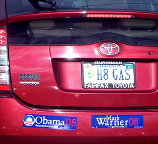
Obama Auto Task Force Team's Cars Fail CAFE Standards
After it was pointed out that most of the cars owned by members of President Obama’s Task Force on the Auto Industry were imports, our friend Mark made another interesting discovery: nearly all of the cars fail current CAFE standards.
Congress Strikes Deal To Match China's Fuel Efficiency Standards By 2020
Congress will require American automakers to achieve fleet-wide fuel efficiency of 35 miles per gallon by 2020. The deal struck late last night by Congressional negotiators and hailed as “an historic advancement,” would put America on the slow track towards meeting the same efficiency standards that Europe, China, and most of the developed world already enjoy.


